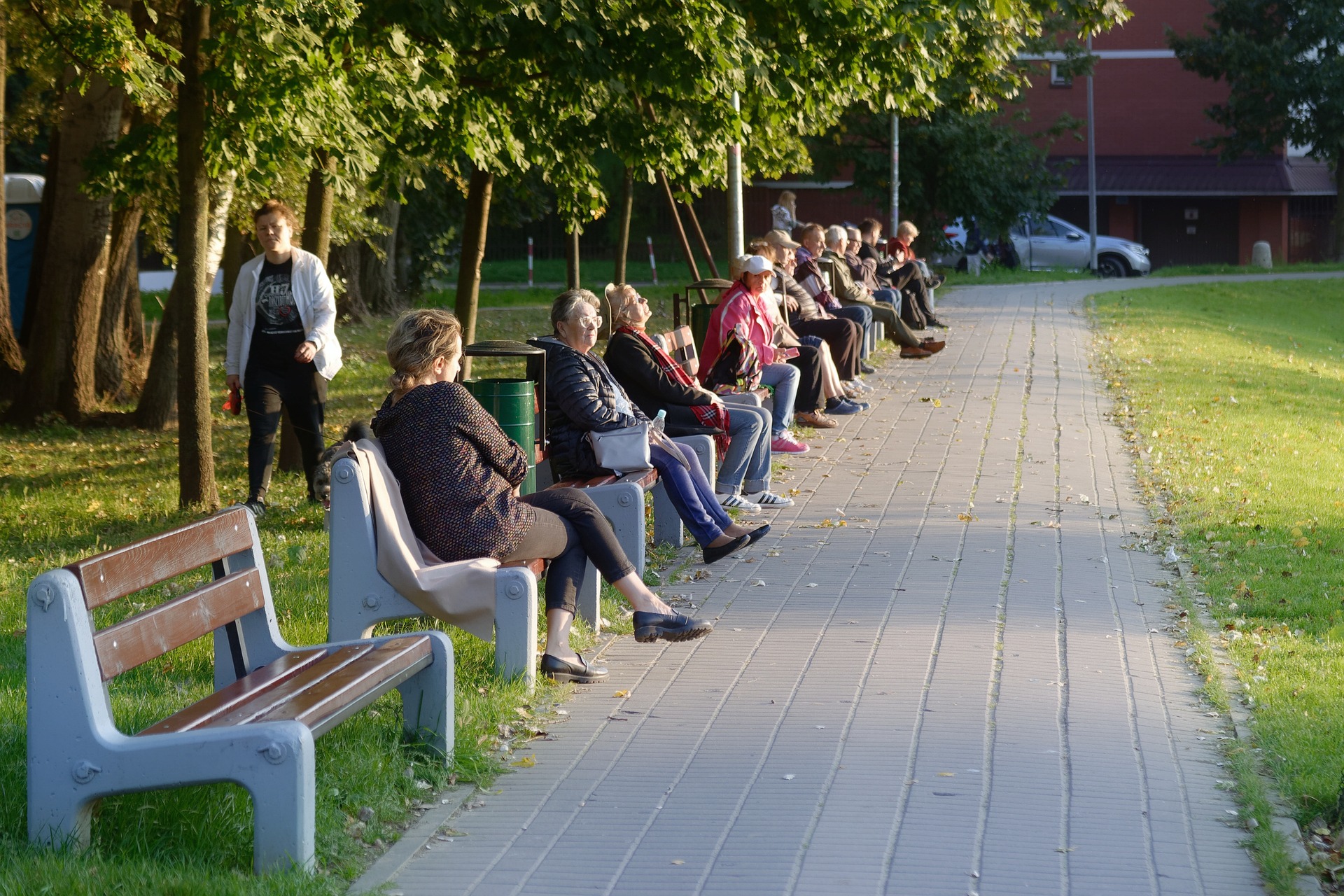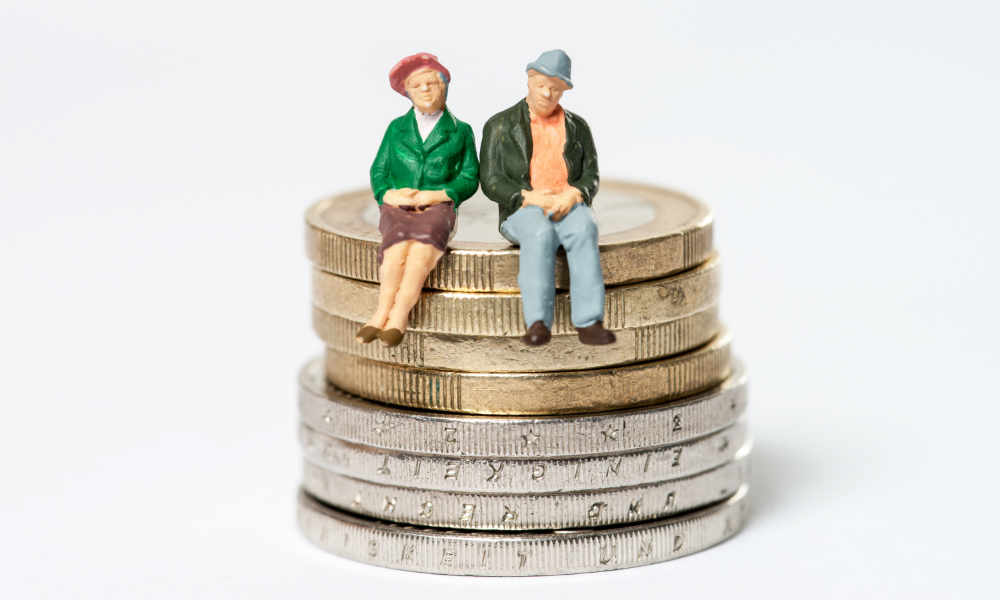Unmasking the Social Dynamics of Mask-Wearing in the COVID-19 Era
Introduction: Examine the sweeping social and cultural shifts brought about by the universal adoption of face masks in the wake of the COVID-19 pandemic. How has this seemingly simple protective gear influenced human interaction and societal norms? Read below to delve into the fascinating sociological implications of mask-wearing in our modern world.

Unveiling the Background
The use of face masks as a public health measure is not a novel concept. Historically, masks have been employed during outbreaks of infectious diseases, such as the Spanish Flu in 1918. However, the onset of the COVID-19 pandemic in 2020 triggered a global shift in mask-wearing norms, evolving from an isolated practice in medical settings or specific cultures to a universal norm.
A Cultural Shift: From Stigma to Necessity
Pre-COVID-19, mask-wearing in many Western societies was often met with suspicion and stigmatization, associated with illness or antisocial behavior. However, the pandemic has necessitated a cultural pivot. Masks have morphed from symbols of disease or distrust into emblems of social responsibility and solidarity, highlighting a critical shift in societal attitudes.
Mask-Wearing and the Dynamics of Human Interaction
The widespread adoption of masks has significantly impacted the essence of human interaction. Verbal and non-verbal communication has been disrupted, with masks concealing facial expressions, a vital aspect of our social communication toolbox. This shift has prompted individuals to adapt, finding new ways to convey empathy and emotions, such as emphasizing eye expressions or body language.
Significance and Implications of the Mask Phenomenon
The mandatory use of masks has also sparked conversations around individual freedoms and collective responsibility, bringing societal values under scrutiny. While some view mask mandates as an infringement upon personal liberties, others perceive it as an essential measure for communal safety. This dichotomy has underlined the tension between individualism and collectivism in contemporary societies.
Transforming Masks: From Functional to Symbolic
As mask-wearing became a part of daily life, it also assumed a symbolic role. Masks have turned into platforms for self-expression and identity, with people choosing designs that reflect their personalities, political beliefs, or social affiliations. This trend demonstrates how a functional, health-related item has been imbued with deeper sociocultural meanings.
In conclusion, the ubiquity of mask-wearing in the COVID-19 era has triggered profound changes in societal norms, human interaction, and cultural symbolism. As we continue to navigate this pandemic, it’s crucial to understand these shifts, as they offer insights into our evolving social landscape under exceptional circumstances.




